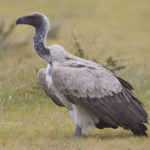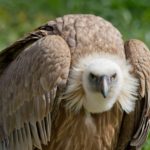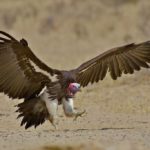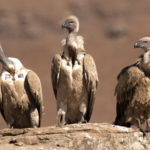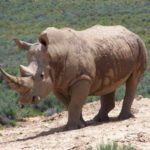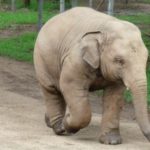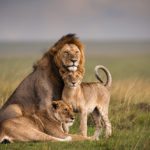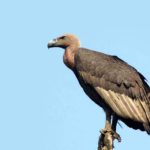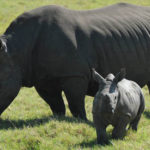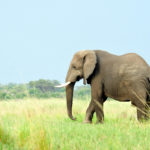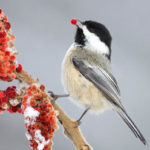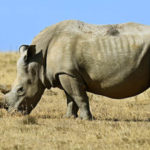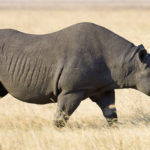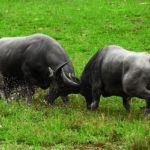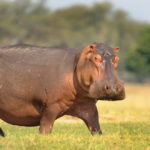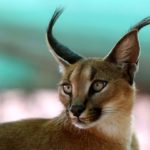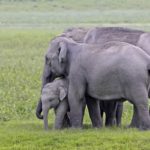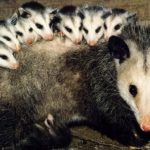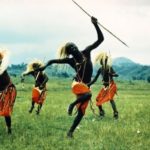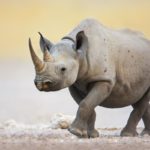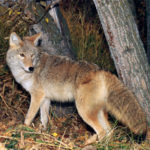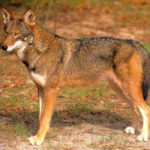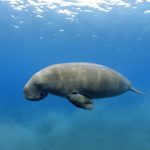Vultures – information
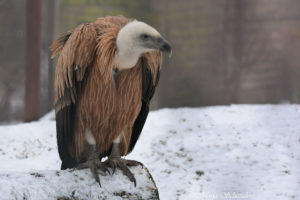 Environmentalists are sounding the alarm, vultures are in trouble. In India, Nepal and Pakistan over the past decade, their population has declined by 95%. The situation of birds in Africa is not much better.
Environmentalists are sounding the alarm, vultures are in trouble. In India, Nepal and Pakistan over the past decade, their population has declined by 95%. The situation of birds in Africa is not much better.
According to scientists, amateurs have fallen poisoned through their prey – carcasses of dead animals, because in recent years, the use of medicines in livestock breeding has increased many times. The second possible reason for the sharp decline in the population is the actions of poachers, who deliberately destroy vultures, so that their congestions do not attract security guards to the killed rhinos and elephants.
Simon Thomsett, one of the environmentalists working to raise awareness about the plight of birds and changing attitudes to the public, shares with the readers of the BBC some unique facts about vultures.
Vultures constantly hover in the sky, looking for prey. They use rising air currents and climb very high, which allows you to monitor the huge territory. The author of the record flight among birds for the whole history of observations is the griffin of Ruppel. In 1973, over Côte d’Ivoire, he was seen at an altitude of 37,000 feet (11278 m). This is significantly higher than Everest.
Usually birds are unable to fly so high, as in thin air there is not enough oxygen for breathing. “Studies of this vulture revealed a number of features of its hemoglobin and several cardiovascular devices that allow breathing in a rarefied atmosphere,” explains Tomcett.
“Every tourist coming to Africa believes that the main” consumers “of wild animals are lions, hyenas, leopards, cheetahs, wild dogs and jackals. But this is not so, “says the ecologist.
As an example, he leads the Serengeti National Park, where the total mass of dead pasture animals is estimated to exceed 40 million tons per year. Carnivorous mammals from this figure get only 36%, the rest accounts for the share of vultures. Bacteria and larvae compete with them, but birds remain the largest consumers.
Their role in ecosystems as final processors of biomass is to prevent the spread of diseases and regulate the number of other scavengers such as wild dogs.
In search of food vultures overcome huge distances. Recently, researchers have described the route of one of the vultures of Ruppel. From his nest in Tanzania, he flew for food to Kenya, Sudan and Ethiopia.
Such behavior of birds and shameless disregard for state borders sometimes causes international scandals. At the turn of 2010 and 2011, in the hands of the authorities of Saudi Arabia got a white-headed sip carrying a GPS transmitter with the marks of Tel Aviv University, which gave rise to a spy on spy mania.
